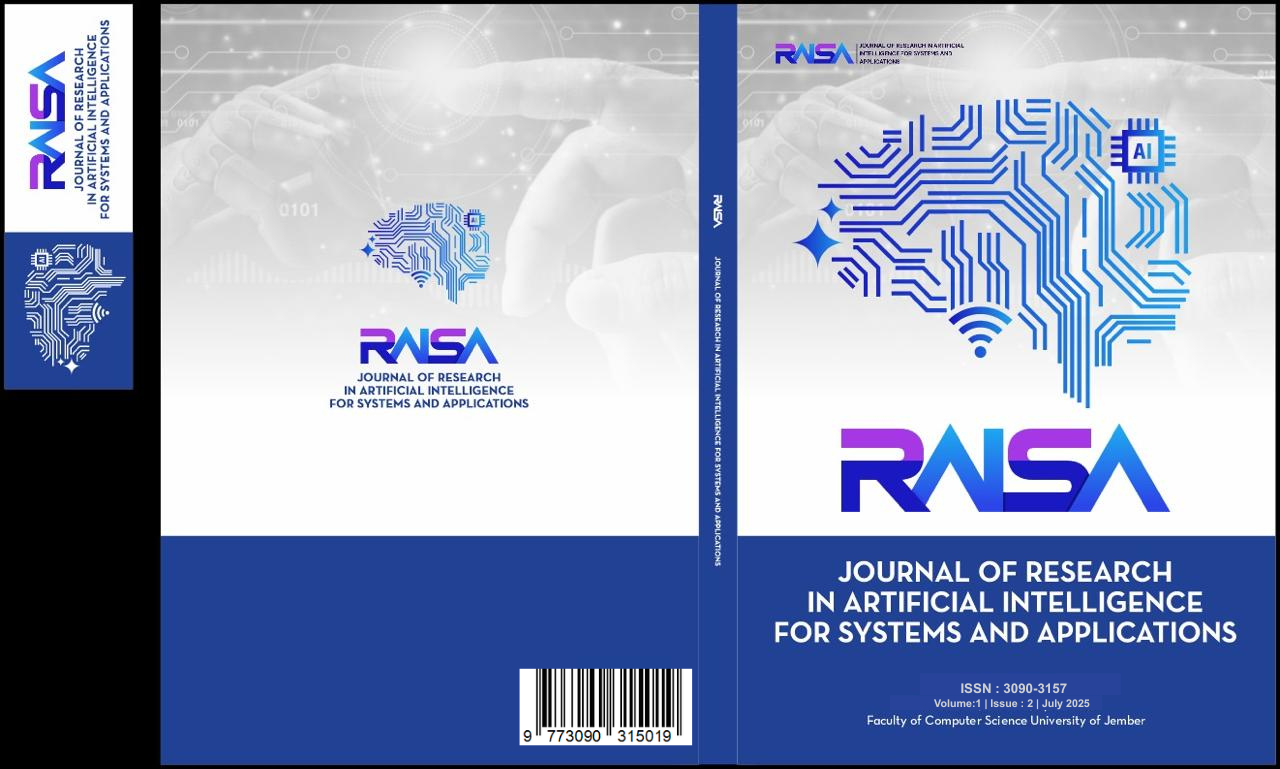Application of The Extreme Learning Machine to Predict the Amount of Duck Egg Sales (Case Study: Barokah Farm)
DOI:
https://doi.org/10.19184/raisa.v1i2.4940Keywords:
Extreme Learning Machine, Percentage Error, Predict, Barokah Farm, eggAbstract
Barokah Farm is a duck farm that produces two varieties of eggs, salted and fresh duck eggs. In the midst of deal preparation, the challenge often arises in maintaining an sufficient stock of eggs, especially since the production of salted eggs has not been able to fulfil customers' demands. The accessibility of duck eggs impacts transactions, as stock levels must adjust with requests to avoid abundance and deficiencies. This considers the Extraordinary Learning Machine (ELM) strategy to predict the transactions of salted and fresh duck eggs. The purpose of this research is to apply the ELM strategy to forecast the amount of duck egg transactions at Barokah Farm and to survey the error rate or percentage of error. Deals forecasts are conducted employing a testing plot to distinguish ideal hyperparameters. From the test parameters that have been tried, it is found that average value is able to reduce the percentage error to less than 10%, where the least MAPE test was gotten from the number of features 4 of 2.050% for salted eggs and 1.796% for fresh eggs. Using a multiple neurons of 7 with a MAPE value of 0.329% for salted eggs and 0.466% for fresh eggs. While for the data ratio, the best ratio was found to be 80%:20% with a MAPE value of 0.401% for forcasting salted eggs transaction and 0.550% for fresh eggs. It also applied a biner sigmoid activities function with the least MAPE value of 0.032% for salted eggs and 0.524% for fresh eggs.






